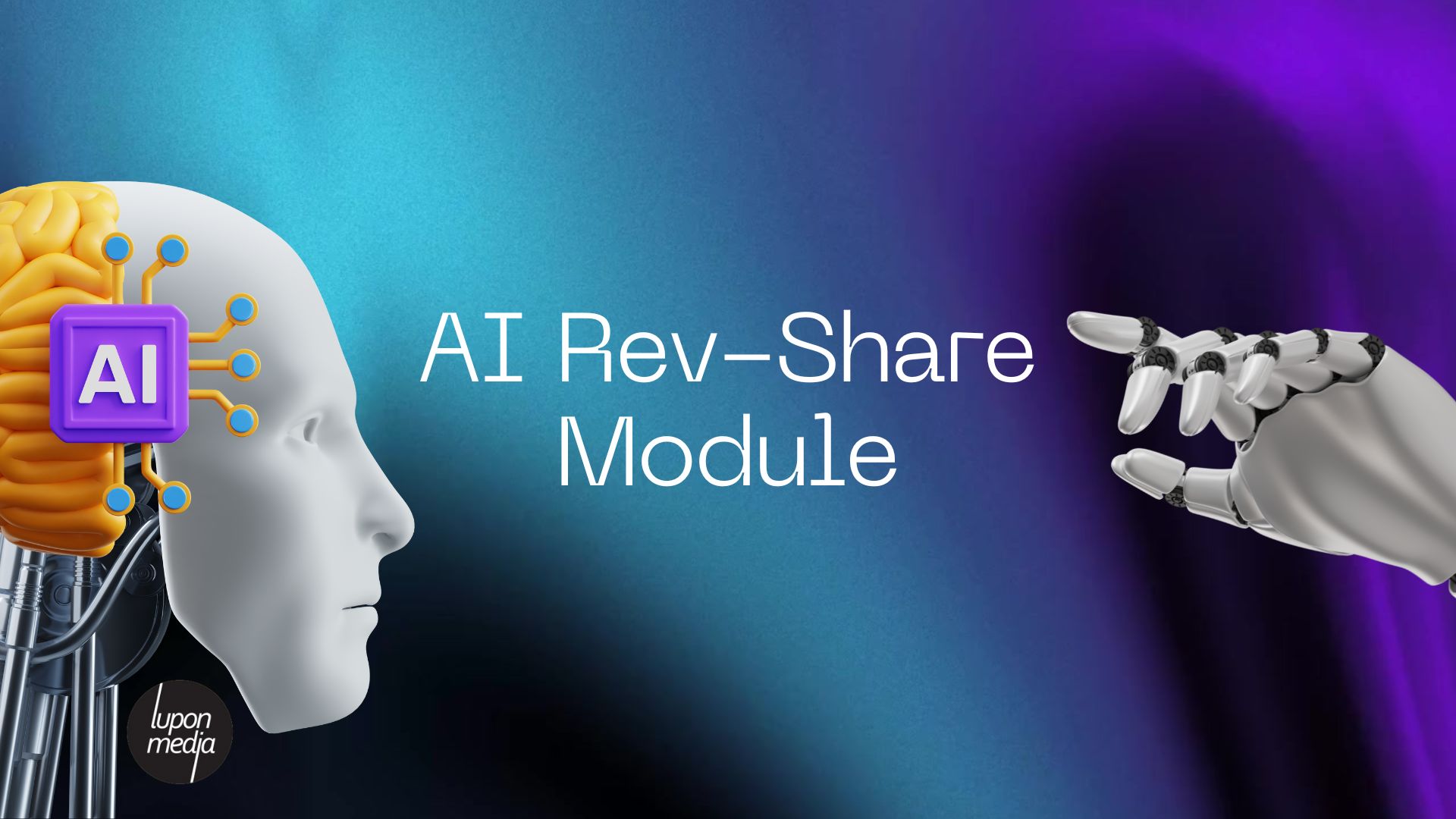In the ever-evolving world of digital media, few things have caused as much disruption as artificial intelligence. This summer, the media landscape witnessed the emergence of a new concept: AI rev-share modules. But what exactly does this term mean, and why is it creating such a buzz among publishers?
What is AI Rev-Share?
AI rev-share programs represent a groundbreaking approach where AI tech companies share revenue with publishers. Unlike traditional content licensing deals, these programs allow publishers to receive a portion of the revenue generated from ads placed on their content when accessed through AI-powered search engines. Essentially, it’s a revenue-sharing model that offers publishers a cut of the profits made from their own content, whenever AI-driven searches display or use that content.
Why is AI Rev-Share Important?
The importance of AI rev-share modules cannot be overstated. At the heart of the debate between generative AI companies and publishers is the issue of fair use of copyrighted content. Publishers have long been concerned about how their content is used by AI technologies, often without receiving any compensation.
However, AI rev-share modules are beginning to shift this dynamic. By offering publishers a share of the revenue, AI companies are attempting to create a more equitable relationship.
On the other hand, some publishers argue that these deals undervalue their content, offering only a fraction of what they believe their content is worth. Despite these concerns, the AI rev-share model is attracting significant attention because it challenges the traditional relationship between publishers and search engines—a relationship that has typically excluded publishers from any revenue generated by their content.
The Disruption of the Traditional Publisher-Search Engine Relationship
Historically, publishers have had little to no say in how their content is used by search engines, nor have they benefited financially from it. AI rev-share modules are disrupting this long-standing dynamic by giving publishers a seat at the table. This shift is particularly significant in an industry where content creators have often felt sidelined by the powerful algorithms that drive digital media.
For AI companies, these rev-share deals offer a way to placate publishers and avoid potential legal battles over copyright issues. For publishers, they provide a new revenue stream, albeit one that is still being debated in terms of its fairness and value.
The Future of AI Rev-Share
As the digital media landscape continues to evolve, AI rev-share modules are likely to play a crucial role in shaping the future of content monetization. While some publishers may remain skeptical, the potential for these programs to create a more balanced and fair industry cannot be ignored.
At Lupon Media, we believe that understanding these emerging trends is essential for staying ahead in the digital age. As AI continues to disrupt the media industry, we’ll be keeping a close eye on how these rev-share models develop and what they mean for publishers and the broader ecosystem.

